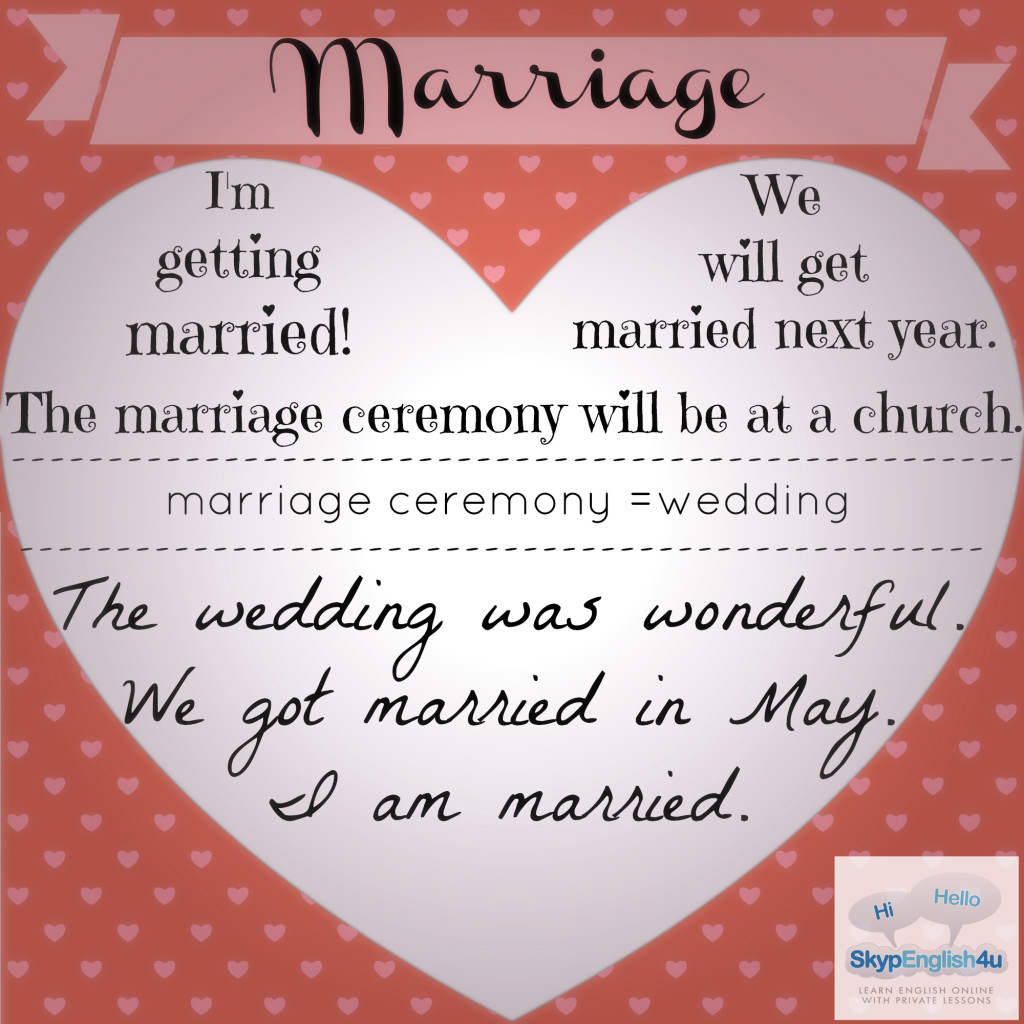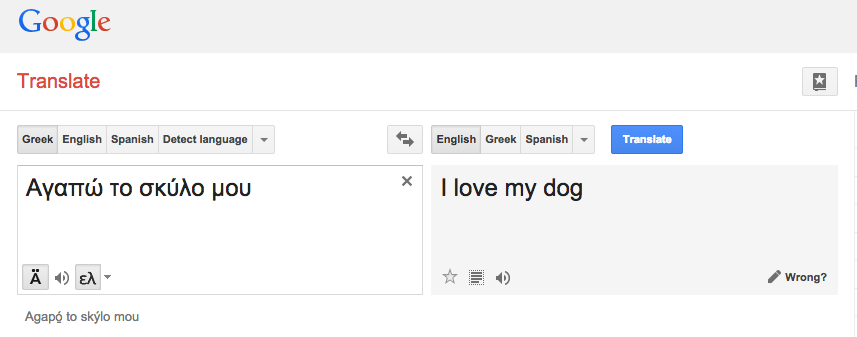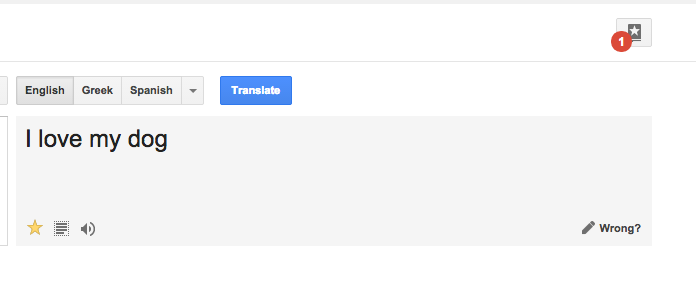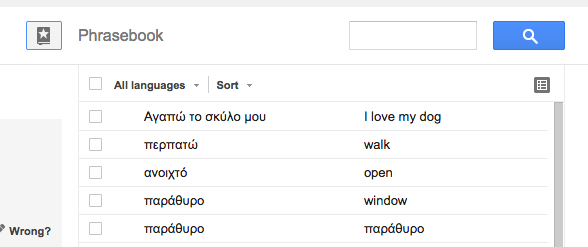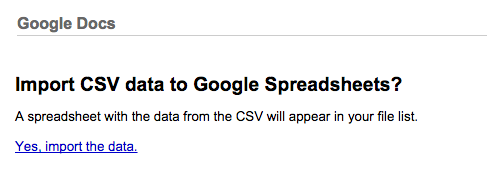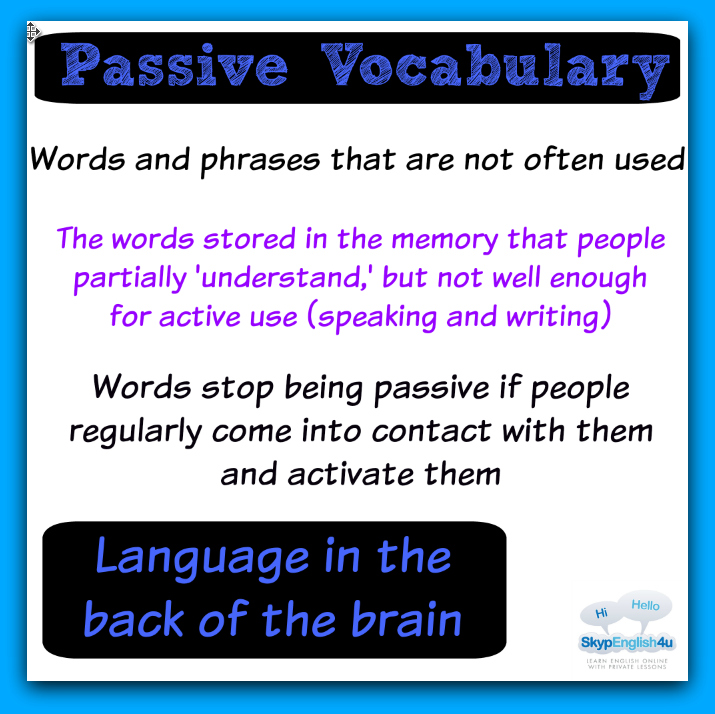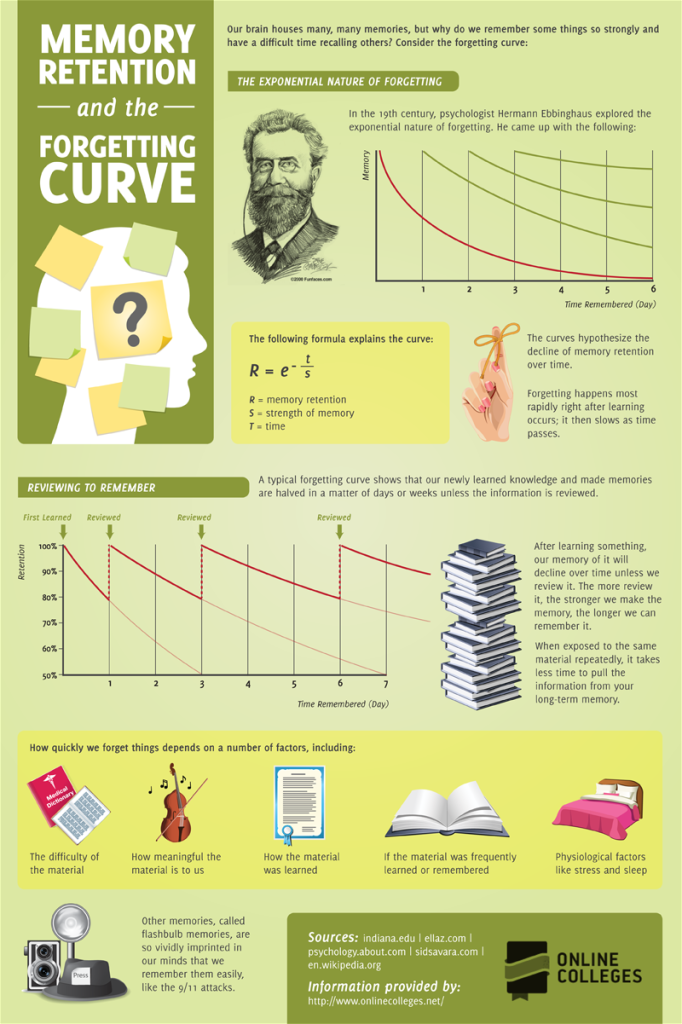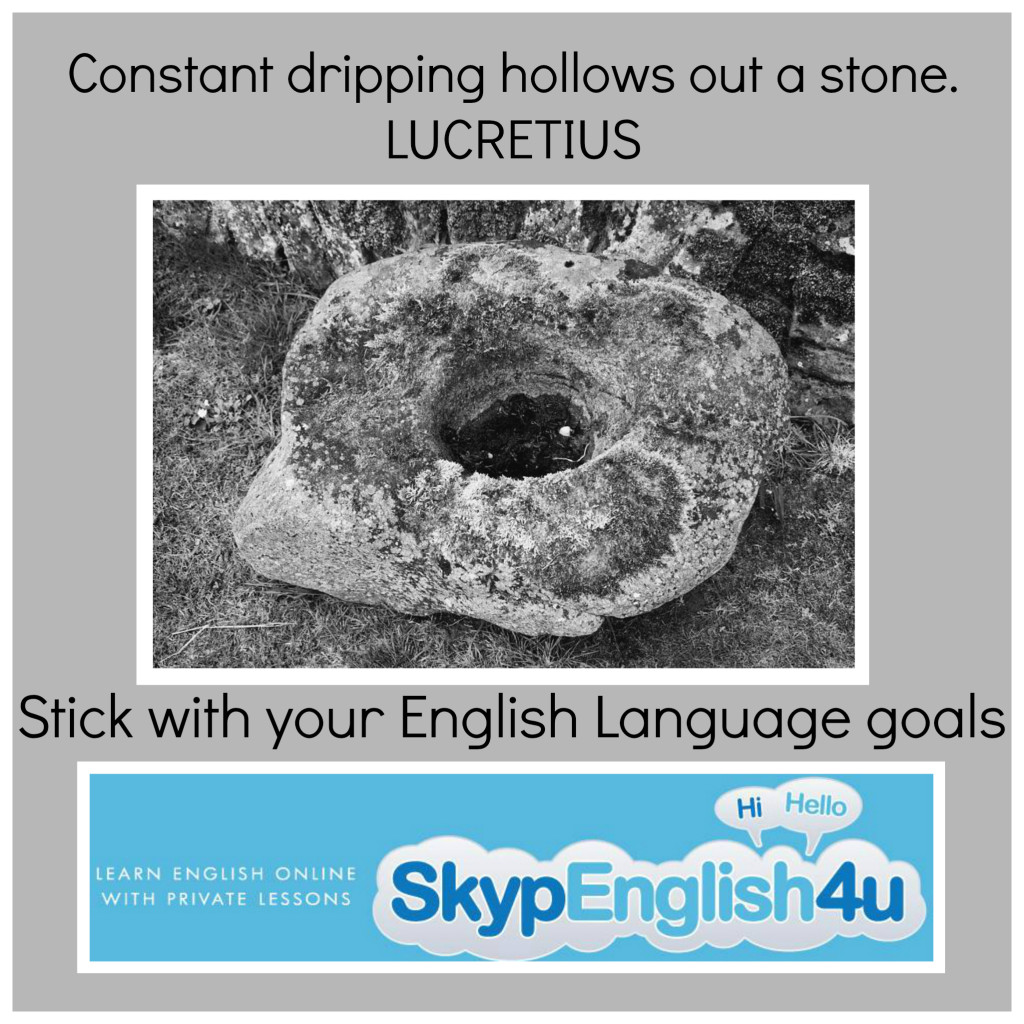Difference between SAY, TELL, and SPEAK
If you frequently confuse the words SAY, TELL, and SPEAK, you’re not alone – these are some of the most commonly confused English words! In this lesson, I’ll teach you the rules for the difference between say, tell, and speak.
Tell / Told
Tell means “to give information to a person” – so tell (present) and told (past) are always followed by a person.
Examples:
- Tell me about the movie. Did you like it?
- Peter, I told you not to eat any cookies before dinner!
- Did you tell Sam about what happened at school today?
- The police told us that the situation was under control.
- Derek and Melissa told everybody that they were engaged to be married.
- You should tell her what you think about her idea.
- Don’t worry, I won’t tell anyone your secret.
Say / Said
With say (present) or said (past), we can use these structures:
- say (something)
- say that (something)
- say (something) to (a person)
- “(something)” a person said
Examples:
- Francis says she doesn’t like chocolate.
- I said that the new website design was great.
- What did the teacher say to you when you failed the test?
- “Nice to meet you,” Harry said.
Structures #1 and #2 are the most common in spoken English.
- He said me that he had to leave.
- He told me that he had to leave.
Speak / Spoke
Use speak (present) and spoke (past) with languages, and with talking in general (no specific details). We can use speak with (someone) and speak to (someone)
Examples:
- I speak English.
- Does Donna speak Italian?
- Emma is going to speak in front of 500 people at the conference.
- We spoke to the boss this morning. (general conversation, no specific details)
- I need to speak with you about the new project. (general topic, no details)
In the case of speak with (someone) and speak to (someone), you can also say talk to or talk with.
However, you can’t use “talk” with languages:
- I don’t talk Chinese.
- I don’t speak Chinese.
Find this info and more great articles at Espresso English

